Someone commented on one of my writings and said:
I’ve always been confused by the fact that people say they’ve seen your true colours when you’ve had an angry reaction.
We’re all human and capable of a wide spectrum of human emotion. Why is anger always seen as our “true colour”?
And I immediately made a note of it to write about.
Because I get their point, AND I also know why.
So, to the original question: WHY are people often likely to assume that who you are when you are angry (for example) shows your true colors?
My immediate thought is because we humans tend to show people the positive parts of ourselves—or at least the parts we think are positive—and push back or hide the negative emotions, like anger, fear, shame, etc.
Since we show our happiness and hide our sadness, when we show the parts we hide, people feel like they get a more accurate picture of who we are as people.
Also, because when we are upset, angry, stressed, or whathaveya, we are, as a whole, less in control of our emotions, and are more likely to say and do what we actually think or want to say and do, without the layer of civility and restraint we usually use to hold ourselves in, to get along and be pleasant and liked.
So, we are more likely to show parts of ourselves that we normally keep hidden when we are in the grip of negative emotions.
And let’s not forget the human instinct of survival and pain-avoidance. ANY hint of danger (yes, danger), and our brains prepare for the worst.
Because that is what’s safe.
Better to think a safe person is dangerous and miss out on that good relationship than to think a dangerous person is safe and get dead. This is how we have survived as a species.
Now, to their point: “We’re all human and capable of a wide spectrum of human emotion.”
Yes. That’s true.
And when people are being only PART of that wide spectrum, and then they see another part that surprises or shocks them, they feel deceived.
They give disproportionate weight to the part that was hidden.
Not out of malice, I think. I think it’s because they give a disproportional weight to their own negative emotions, and let those color their view of themselves, and they transfer that same view to others, when they see those things (and similar negative emotions) reflected in other eyes.
And frankly, we very rarely show ANYONE in our lives our wide ranges.
And one emotion out of seven being negative is a MUCH higher percentage and perceived danger than 20 out of hundreds.
And stark contrast plays a part.
If you are always seemingly amazingly bubbly and happy, then your anger shows, it seems like deception. Versus when you show a range of both positive and not-so-positive emotions, anger might then seem to fit in, and not stand out.
What are your thoughts?
Do you think hat how people act when they are angry or otherwise stressed and upset are their true colors? Or no? Maybe part of them?
Ever been shocked (maybe even frightened) by someone showing their true colors?


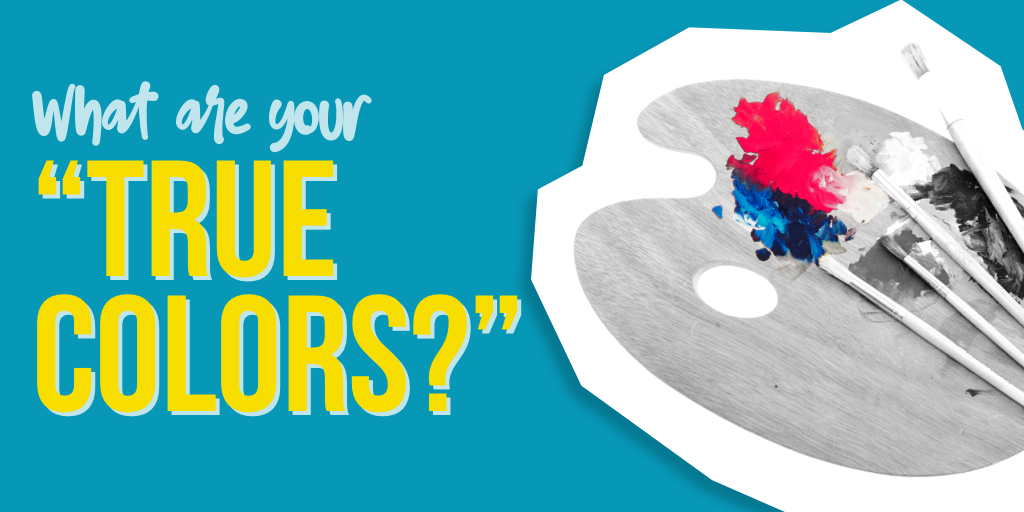

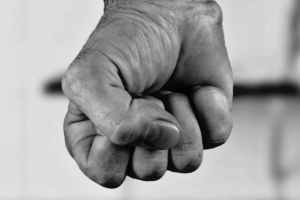

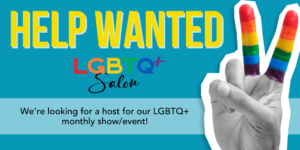
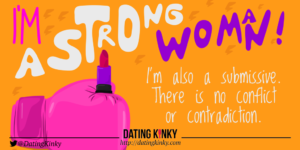
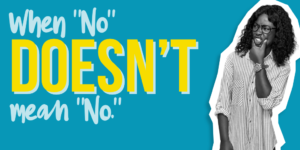
One Response
There are a couple things that can be added.
People will say/do what they “really” think/feel deep down when upset or angry, but only to a certain point. This can only be true while still within the range of *upset but still able to mostly be rational about it*. Once emotion reaches panic or rage and the part of the brain that can convey anything realistically is starved of oxygen. Assuming that a panic/rage reaction is “who someone really is” is incredibly unkind and uncharitable.
No one is themselves in that state.
It is easy to fall into the trap of assuming that however people are in our presence is a reflection of how they think or feel about us. This also is inaccurate. But looking to someone to discern how they think or feel about us will color our ability to accurately perceive them.
If we are concerned they might be angry with us, we will detect anger that may not be there (or might be about something else) and if we are expecting criticism we will become hypersensitive to tone.
None of that is “true colors”